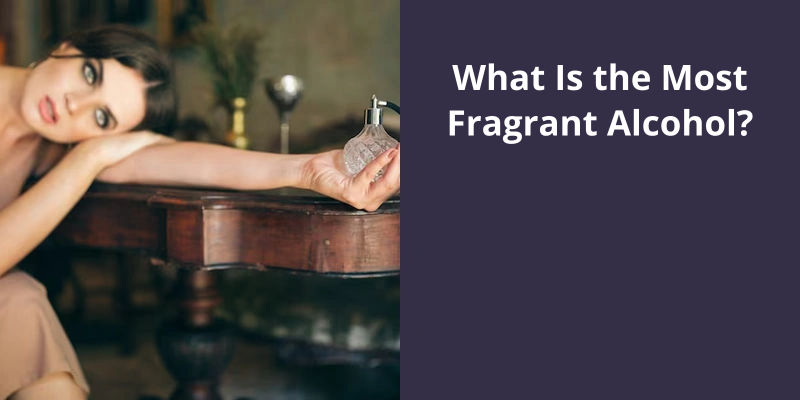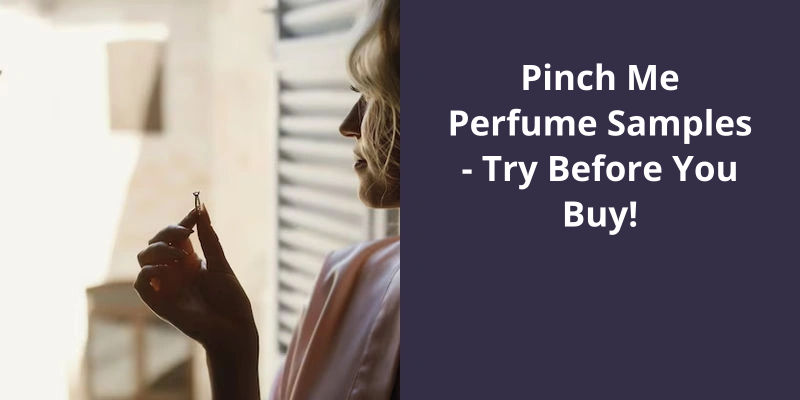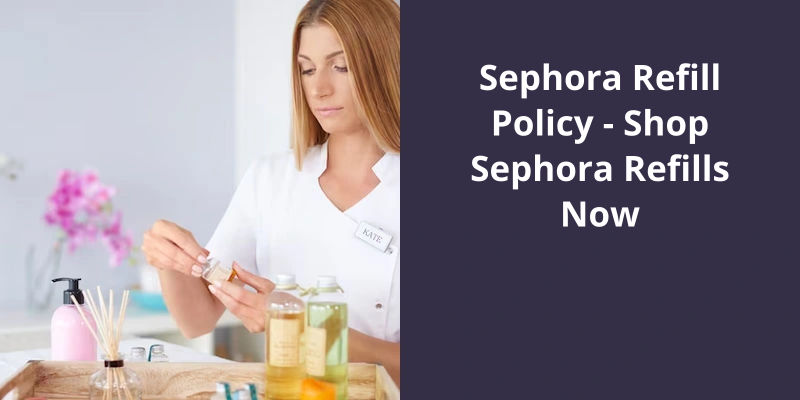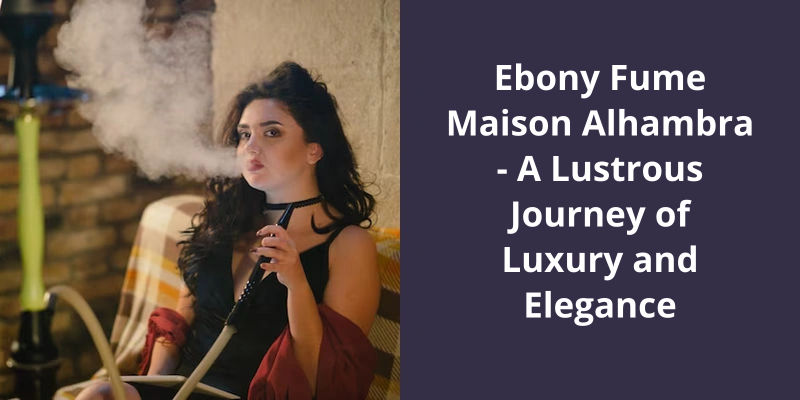The most fragrant alcohol is typically those that have been infused with various botanicals and fruits. This includes many liqueurs and flavored spirits such as Grand Marnier, Frangelico, and Chambord. Many people also consider gin to be very fragrant due to the botanicals used in its distillation process, such as juniper berries, coriander seeds, and citrus peels. It’s important to note that the fragrance can vary quite a bit depending on the specific brand and variety of alcohol, as each has its own unique blend of ingredients.

What Is the Best Alcohol to Make Perfume?
When it comes to making perfumes, alcohol plays a crucial role in preserving and intensifying the fragrance. One of the top choices for alcohol in perfume making is ethanol, specifically high-proof, food-grade ethanol. This type of alcohol is readily available and widely used in the industry. It’s often preferred due to it’s clarity and lack of strong odor, making it ideal for carrying and enhancing the scent of the perfume.
Another option that perfumers often turn to is Everclear, a pure 190-proof grain alcohol. Similarly to vodka, Everclear is clear and doesn’t possess a strong characteristic smell. This makes it an excellent option for perfume making, as it won’t interfere with or overwhelm the desired fragrance. Everclears high alcohol content also aids in preserving the perfume and ensuring it’s longevity.
Both options offer clarity and a lack of strong odor, allowing the perfumer to focus on the fragrance itself.
Fragrances have long relied on the use of alcohol as a carrier for their aromatic notes. This is because alcohol is incredibly lightweight and volatile, making it an ideal medium for lifting and evenly dispersing the fragrance. Once it’s purpose of transporting the scent is fulfilled, the alcohol quickly evaporates, leaving behind only the desired fragrance.
Why Do Fragrances Have Alcohol?
Alcohol has been an integral part of fragrances for centuries, with perfumers alcohol being widely used in the creation of perfumes and colognes. It’s a rich history of macerating raw materials, such as flowers, spices, and fruits, allowing their aromatic compounds to infuse and merge seamlessly. This process helps extract the essence and capture the true character of these materials.
Being light and volatile, alcohol serves as an ideal vehicle that can lift and delicately distribute fragrance notes. It allows for an even and controlled release of the fragrance, ensuring that it’s aroma is dispersed effectively. Moreover, alcohol has a relatively fast evaporation rate, meaning that it quickly disappears once it’s task of diffusing the fragrance is complete.
Additionally, alcohol aids in the preservation of fragrances. It possesses antimicrobial properties that help inhibit the growth of bacteria, fungi, and other microorganisms. By preventing microbial contamination, alcohol extends the shelf life of perfumes, ensuring that they remain fresh and fragrant for an extended period.
This process reveals the various layers and nuances of the scent, creating a harmonious and multi-dimensional olfactory experience.
The aroma of alcoholic beverages varies greatly depending on their composition and the distillation process. While beer and wine may have a pungent smell despite their lower alcohol content, stronger drinks like whiskey and scotch tend to emit subtler scents. Surprisingly, vodka, known for it’s high alcohol concentration, leaves almost no traceable odor, making it quite distinctive in this regard.
Does Whiskey Smell More Than Vodka?
When it comes to the fragrance of different alcoholic beverages, the intensity of the smell can vary significantly. Beer and wine, for instance, are often considered the least intoxicating drinks but can surprisingly produce the strongest aromas. The characteristic pungent smell associated with beer and wine is predominantly due to the presence of various organic compounds like hops, barley, grapes, and yeast during the fermentation process. These compounds release aromatic volatiles resulting in a distinct fragrance that can be quite potent.
On the other hand, stronger spirits like whiskey, particularly scotch, may have a relatively weaker odor compared to beer and wine. This is a result of the distillation and aging processes that whiskey undergoes, where impurities and compounds responsible for funky smells are effectively removed or mellowed out. The resulting aroma of whiskey is often described as rich, deep, and complex, with hints of oak, spices, caramel, and sometimes even smokiness depending on the type of whiskey.
Vodka, however, stands apart from other beverages in terms of odor. Known for it’s near-transparent appearance and neutral taste, vodka leaves virtually no discernible scent. This lack of aroma is mainly attributed to the extensive distillation and filtration processes that vodka undergoes, aimed at removing impurities and congeners that contribute to the smell of other alcohols. As a result, vodka becomes an excellent choice for those who prefer a clean and odorless drink.
So, when determining the most fragrant alcohol, one must consider personal preference and the variety of olfactory experiences that different beverages offer.
Source: Which type of alcohol has the least smell among whiskey …
Conclusion
In conclusion, when it comes to the realm of fragrant alcohol, several contenders stand out for their distinct aromatic profiles. Absinthe, known for it’s anise and herbaceous aroma, carries an air of mystery and intrigue. And finally, rum, with it’s rich and caramel-like fragrance, transports us to sun-kissed beaches and tropical paradises. Each of these liquors offers a unique olfactory experience, enticing and captivating our senses in their own special way. Ultimately, the choice of the most fragrant alcohol depends on individual preferences and the desired mood or occasion. So, next time you raise your glass, take a moment to savor not only the taste but also the delightful scents that accompany these exquisite spirits.





